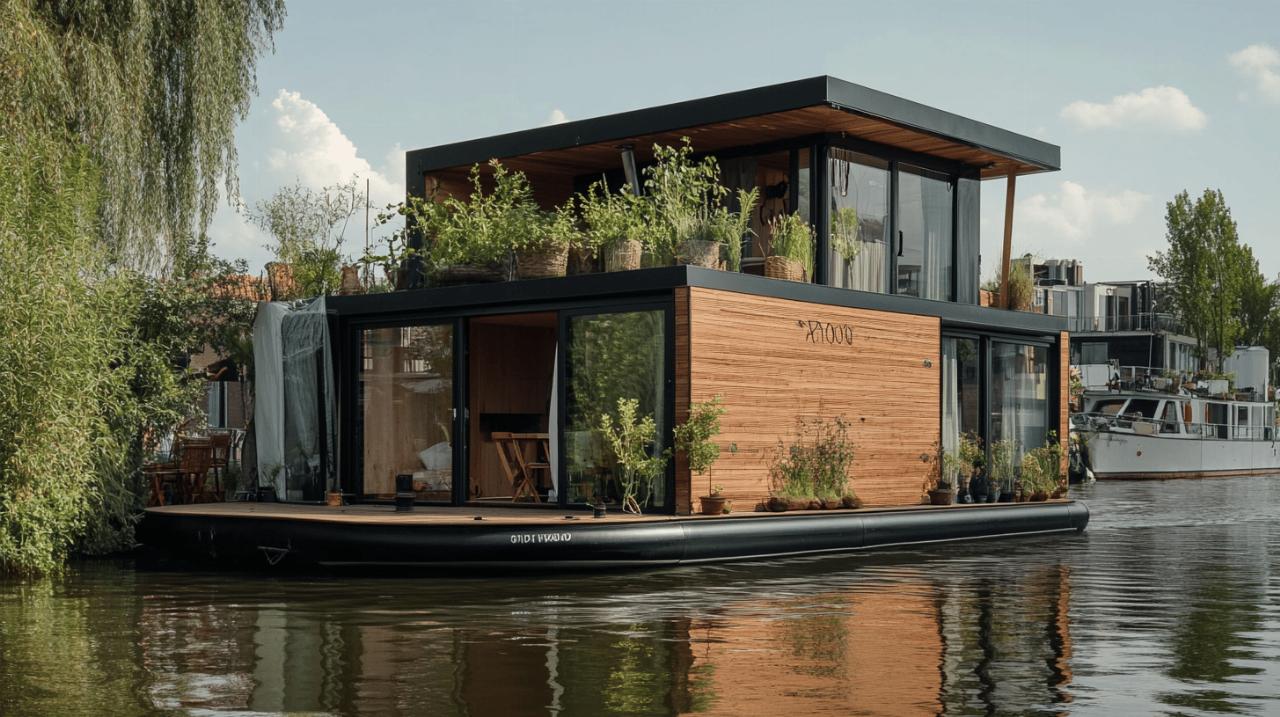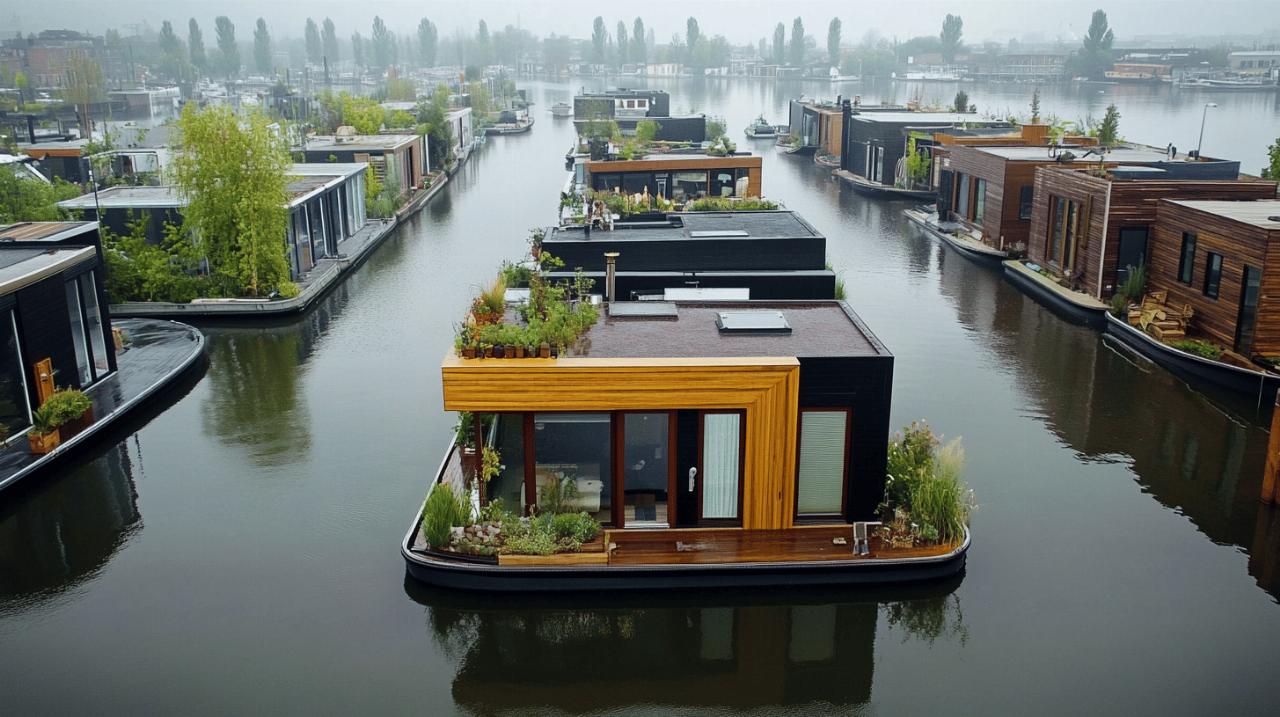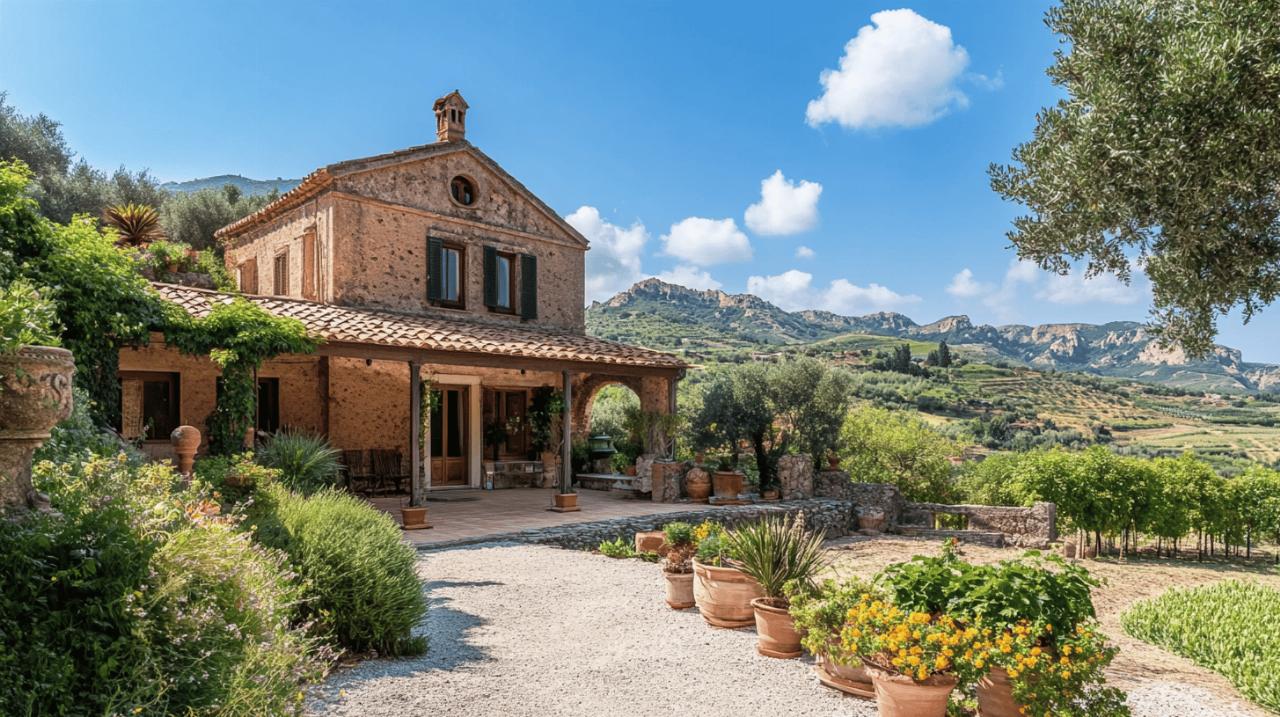In a world where traditional housing markets continue to challenge affordability and accessibility, innovative alternatives are emerging that offer both adventure and opportunity for prospective homeowners. From floating residences on tranquil waters to historic properties available for a symbolic single euro, these unconventional options are capturing the imagination of people seeking something beyond the standard apartment or suburban house. These alternatives not only provide unique living experiences but may also offer financial advantages and lifestyle benefits worth exploring.
Living on the Water: The Houseboat Lifestyle
The concept of making a home on water has gained considerable traction in recent years, with New Zealand emerging as a notable destination for those interested in aquatic living. According to recent articles from https://www.domusagency.it/, houseboats and floating bungalows have become increasingly popular accommodation options, particularly for those seeking to escape conventional property constraints. This water-based lifestyle offers a combination of mobility, connection with nature, and often a more affordable entry point into desirable locations.
The practical aspects of houseboat ownership
Living on a houseboat presents unique considerations that differ significantly from traditional property ownership. Unlike fixed structures, houseboats require understanding of maritime regulations, mooring rights, and specific maintenance routines to address issues like weatherproofing and hull integrity. Many regions have dedicated marinas with comprehensive facilities including electricity, fresh water connections, and waste disposal systems that make daily life comfortable and convenient. The limited space typically encourages a minimalist approach to possessions, with clever storage solutions becoming essential for comfortable living.
Connectivity remains an important consideration for most modern houseboat dwellers, with many opting for mobile internet solutions and solar power systems to maintain their technological needs while embracing an off-grid lifestyle. Some communities have developed around popular mooring locations, creating a unique social environment where residents share both the joys and challenges of water-based living. This sense of community often extends to shared knowledge about maintenance, navigation, and dealing with seasonal changes.
Financial considerations for water-based living
The economics of houseboat ownership can be quite attractive compared to conventional real estate in many markets. The initial purchase price often represents significant savings over land-based properties, particularly in desirable waterfront locations where traditional housing comes at a premium. However, prospective buyers should be aware of ongoing costs including mooring fees, maintenance requirements, insurance premiums, and depreciation factors that differ from traditional property investment.
Financing a houseboat purchase may require specialized lenders familiar with marine assets, as conventional mortgage providers often view such properties differently from standard homes. Insurance considerations are also distinct, with policies needing to cover both the vessel aspects and home contents. Many houseboat owners report lower utility costs and reduced property taxes, though these advantages must be weighed against potentially higher maintenance expenses and the limited appreciation value compared to land-based real estate in growing markets.
The 1 euro house phenomenon across Europe
In stark contrast to floating homes, the 1 Euro house scheme represents another fascinating alternative in the housing market, particularly in Italy where the initiative first emerged in 2017. This innovative approach to revitalizing depopulated areas has captured international attention, with travel agencies even organizing specialized Sicily tours focusing on these properties. For approximately EUR 2450 per person, interested buyers can visit various Italian towns including Palermo, Sambuca, and Mussomeli to explore potential 1 Euro house investments firsthand.

Understanding the real costs behind the scheme
While the headline price of just one euro makes these properties immediately attractive, the true investment extends well beyond this symbolic amount. These houses are typically privately owned structures in various states of disrepair, requiring substantial renovation work. Buyers must commit to developing a renovation project within 365 days of purchase and typically must begin work within a timeframe established by the local council. The financial commitment includes notarial fees, a surety policy ranging from €1,000 to €5,000 to guarantee completion of works, and of course, the renovation costs themselves.
For international buyers, additional considerations include obtaining a tax code from the Italian Revenue Agency for tax payments, understanding visa requirements for extended stays, and navigating property regulations that vary between regions. UK and US citizens can visit Italy for up to 90 days without a visa but require more extensive documentation for longer stays. Those serious about pursuing such investments often benefit from working with Italian construction engineers and local notaries who understand the specific legal frameworks and building codes applicable to historic properties.
Success stories and restoration challenges
Despite the challenges, many investors have successfully transformed these neglected properties into beautiful homes or vacation rentals. The Italian government has supported such efforts through initiatives like the SUPERBONUS 110% program, which allowed homeowners to recover 110% of renovation investments through tax credits. This program, combined with the incredibly low purchase price, has made these projects financially viable for many international buyers despite the substantial renovation requirements.
The renovation process often involves balancing modern conveniences with historical preservation, navigating local building regulations, and managing international contractors. Successful renovators typically recommend investing in proper property management services, especially for overseas investors who cannot be present during the renovation process. Companies specializing in international property purchase can provide valuable guidance through the complex process, from initial viewing to completed renovation, ensuring legal protection against potential issues like hidden defects that must be declared during property sales.
For those considering such an investment, reliable partners with expertise in overseas property investment become invaluable resources. Whether pursuing a permanent relocation, a vacation home, or a rental investment, understanding the full scope of both the opportunity and commitment involved in these unique housing options is essential for making informed decisions that align with personal and financial goals.




